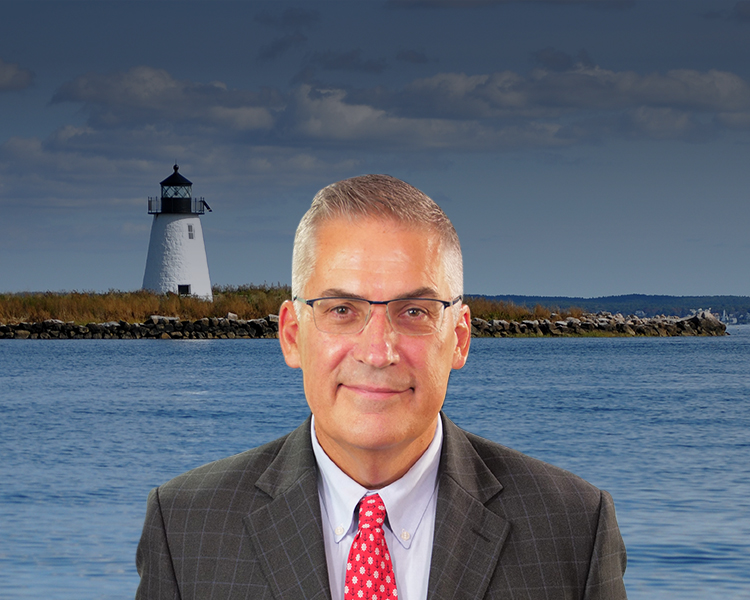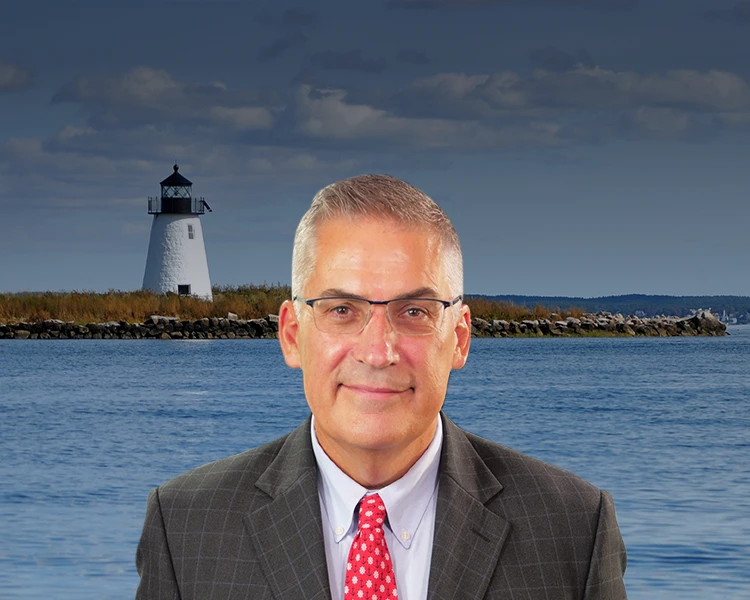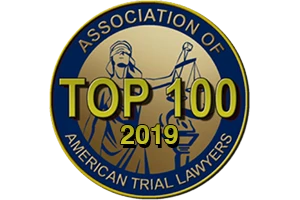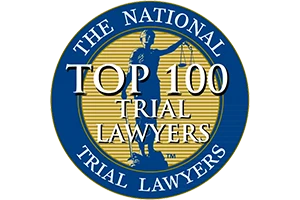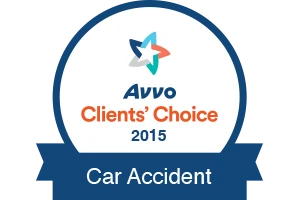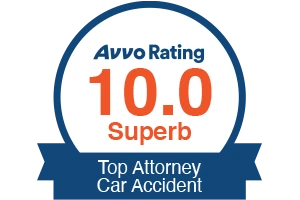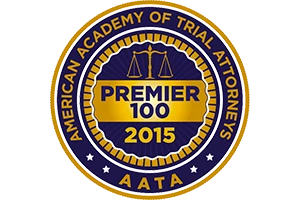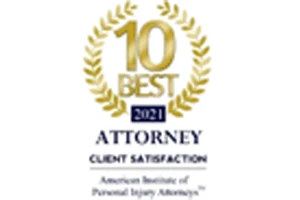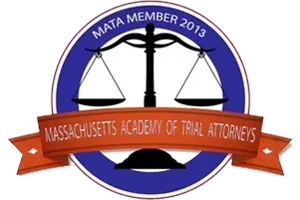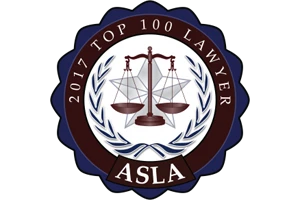- Free Consultation: (888) 262-6664 Tap Here to Call Us
Massachusetts Court of Appeals Affirms Defense Verdict in Unfair Settlement Practices Case, Noting Plaintiff’s History of Prior Accidents
Those who have been involved in a Cape Cod auto accident may be surprised to learn that they may have to file multiple claims, including not only a negligence claim against the party whose actions led to the crash but also a claim against their own insurance company if the negligent party does not have adequate liability insurance to cover the claimant’s total damages (including pain and suffering, past and future medical costs, and lost earnings).
An experienced injury attorney can help the claimant explore the various causes of action, explain the likelihood of success of each claim, and prepare the appropriate paperwork to ensure that important deadlines like the statute of limitations are met.
While many cases are settled prior to trial, an injured party should be prepared to go to court if necessary. Despite a statutory obligation to exercise good faith in settling claims, there is never a guarantee that a reasonable settlement offer will be made.
Facts of the Case
In a recent unreported case decided by the Commonwealth of Massachusetts Appeals Court, the plaintiff was a woman who was injured in an accident allegedly caused by another driver’s negligence. After settling for the other driver’s liability insurance policy limits, the woman turned to the defendant insurance company, with which she had a policy of uninsured/underinsured (UM/UIM) insurance, for additional compensation. The defendant refused to make a settlement offer, and the plaintiff filed suit, seeking to compel arbitration of the UIM dispute and also asserting a claim for unfair or deceptive insurance claim settlement practices in violation of Massachusetts General Laws chs. 93A and 176D.
The arbitrator determined that the plaintiff’s accident-related damages were $50,000, and the trial court judge confirmed the arbitrator’s award. The unfair practices claim proceeded to a bench trial. The judge ruled in the defendant’s favor, and the plaintiff appealed.
Outcome of the Dispute on Appeal
Despite the plaintiff’s assertions on appeal that the trial court judge had abused his discretion in not allowing her to call certain witnesses (including the defendant’s president) and in suppressing her claim file, the court of appeals affirmed the trial court’s verdict for the defendant. According to the appellate court, the plaintiff had failed to disclose the witnesses in question in a timely fashion; given the trial judge’s wide discretion in such matters, it was not an error for the trial judge to grant the defendant’s motion in limini to preclude the witnesses from testifying at trial. With regard to the claim file issue, the court found that the issue had not been properly preserved for consideration on appeal because the appeals court had not been provided with copies of certain discovery request documents.
The court also rejected the plaintiff’s argument that the trial court’s ruling was against the weight of the evidence, noting that the lower court had found that defendant “had valid reasons for being skeptical about [the plaintiff’s] alleged damages, including her history of injuries and surgeries from prior motor vehicle accidents, falls, and physical abuse.”
Speak to a Cape Cod Injury Attorney About Your Case
Receiving fair compensation following a motor vehicle collision can be an uphill battle. If you or a loved one has been hurt by someone else’s carelessness, the seasoned car accident attorneys at the Law Offices of John C. Manoog, III, in Cape Cod are here to help. Call 888-262-6664 to schedule an appointment in our Hyannis or Plymouth offices. There is no charge for the initial consultation, and most cases are handled on a contingency fee contract so that you do not have to pay a legal fee upfront to start your case.
Related Blog Posts Massachusetts Law Requires Arbitration of UM/UIM Claims Unless Parties Agree to Settlement Massachusetts Court Considers Unfair Settlement Practices Following Accident Between Motorist and Tow Truck Operator


